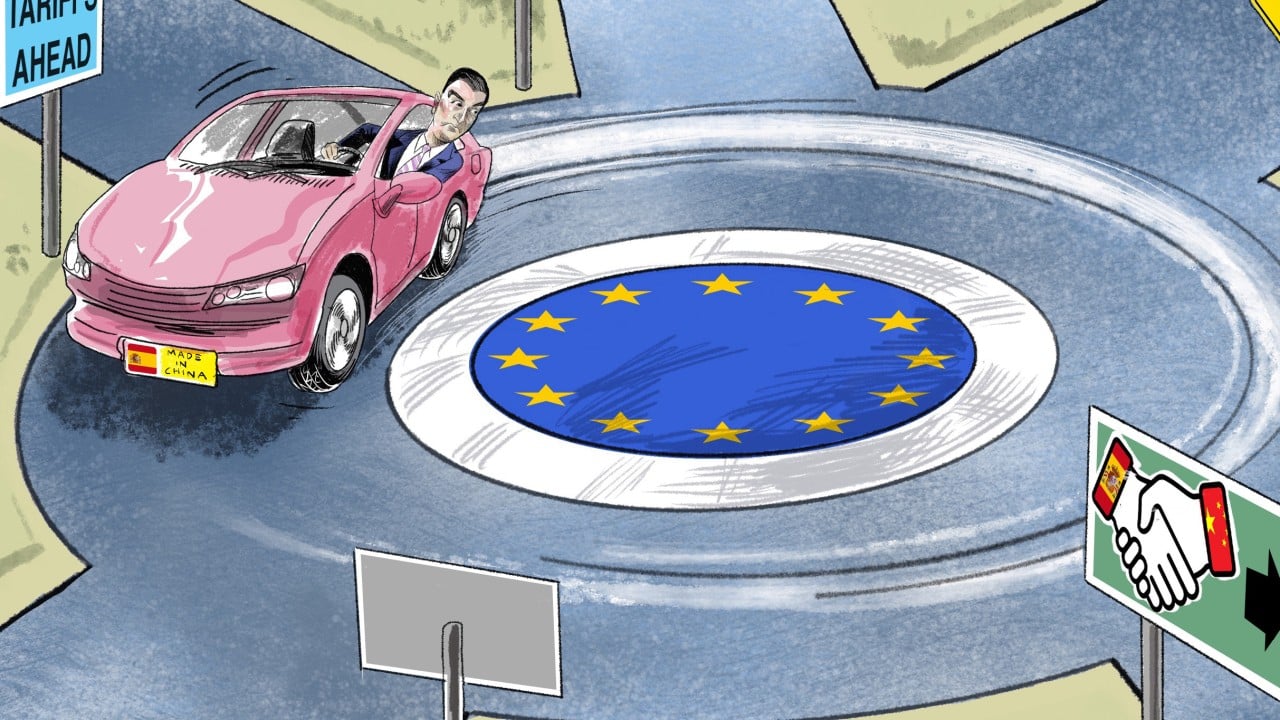“Useless efforts lead to melancholy” – Spanish philosopher Jose Ortega y Gasset’s words from decades ago aptly reflect the current Spanish government’s abrupt attempt to take a more proactive role in shaping the European Union’s China policy.
Advertisement
Spanish Prime Minister Pedro Sanchez’s recent visit to Beijing was filled with dulcet overtones. The intent was supposedly straightforward: secure a more robust economic partnership while assuaging Chinese concerns over Spain’s stance on escalating European protectionism.
Sanchez is walking a fine line. While advocating for more robust European anti-subsidy duties against Chinese goods, as a means of pushing Beijing towards building more factories in the EU, he had also affirmed openness to closer economic and cultural ties between China, the second-largest economy in the world, and Spain, the fourth-largest economy in Europe.
Advertisement
Spain wants Chinese investment to support job creation, infrastructure development and growth in its globally integrated automotive sector.
More recently, Sanchez has even called on the EU to rethink its tariff plan and instead adopt “a solution negotiated and agreed in the WTO framework” that “avoids commercial escalation that benefits no one”. Ahead of an upcoming binding vote on European tariffs on Chinese electric vehicles (EVs), his remarks indicate a new-found scepticism towards the escalating barriers to trade.

